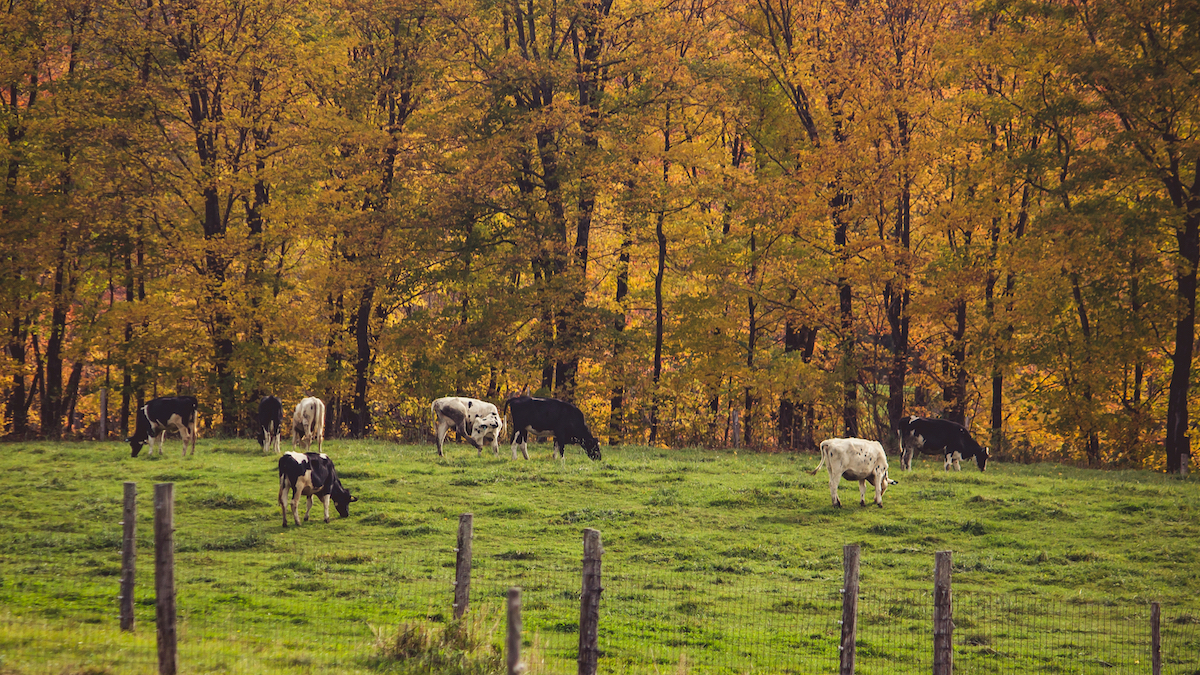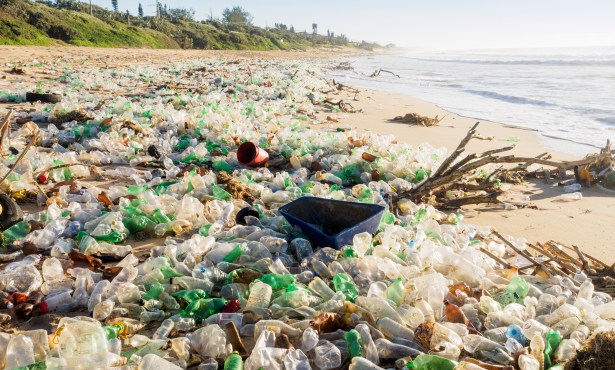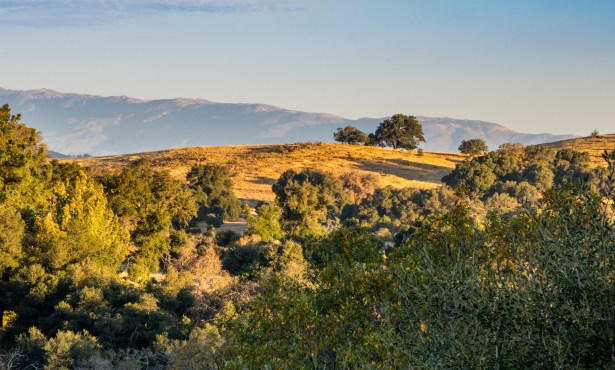A Farmer’s Insights in Working with Nature
How a Farmer Blends Traditional Practices with New Technologies Using Nature’s Model

English Pastoral is an account by James Rebanks of his changing insights on the farm he inherited, which has been in his family for 600 years. Located in the hills of the Lake District in northern England, the farm was part of an ancient agricultural landscape: a patchwork of crops and meadows, pastures grazed by livestock, and hedgerows teeming with wildlife. The profound changes he witnessed and participated in, to some extent, brought about by pesticides, artificial fertilizers, and monocropping did not lead to more income, nor less debt. Instead, Rebanks observed the increasing sterility of the soil and the diminishing of birds and wild creatures. These changes were imported from the American Midwest, where chemicals and genetics have transformed the family farm into industrial agriculture.
After being pushed by government policy and changing community patterns toward monoculture farming, Rebanks decided to seek a balance of traditional practices and new techniques. He concluded, as unwise, that land must be either perfectly wild or perfectly efficient and sterile. He recognized that diversity is a strength in farming, as in so much else.
Get the top stories in your inbox by signing up for our daily newsletter, Indy Today.
Within a few decades, a biological survey of his farm documented over 200 plants and grasses. Soil, he realized, is the most important habitat on a farm. About half of all living things on Earth live in the soil. Moreover, grazing livestock, he learned, are the tools that can shape the soils for better or worse, what he calls the best new sustainable “technology” for making crop-growing fields healthy and fertile again. His soils are improving with a minimum of artificial inputs. A recent carbon audit found his farm to be trapping more carbon than they were using. Rebanks believes farms should run on sunshine, not on fossil fuels.
Rebanks’s journey involves gathering other locals to similarly try to rebalance their practices. According to him, it takes a village to make a good farm work. The family is its core, but it also needs help from suppliers, bankers, government advisors, and of course, buyers of the farm’s produce. Food production is too important to be pushed out of sight and out of mind. Foodstuffs from anonymous distant places rarely align with local regulations or our values. Farmers rely on the shopping and voting habits of the rest of us to support and protect sustainable agriculture, as well as on government spending and trade policies that encourage sound, local farming. No farm is an island but is part of a larger regional ecosystem and ultimately an interconnected world.
English Pastoral is a rare story, at times depressing but fundamentally hopeful, filled with hard-earned insights and the sensitivity to nature of a poet.
Every day, the staff of the Santa Barbara Independent works hard to sort out truth from rumor and keep you informed of what’s happening across the entire Santa Barbara community. Now there’s a way to directly enable these efforts. Support the Independent by making a direct contribution or with a subscription to Indy+.



